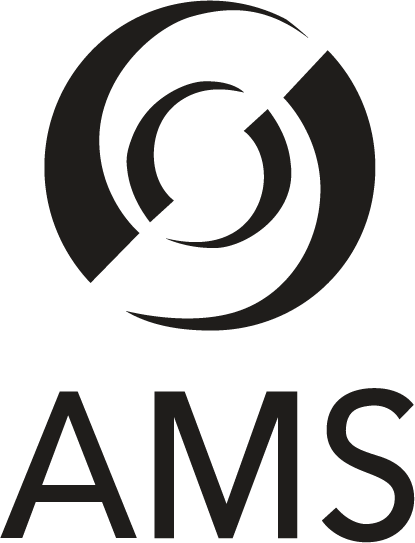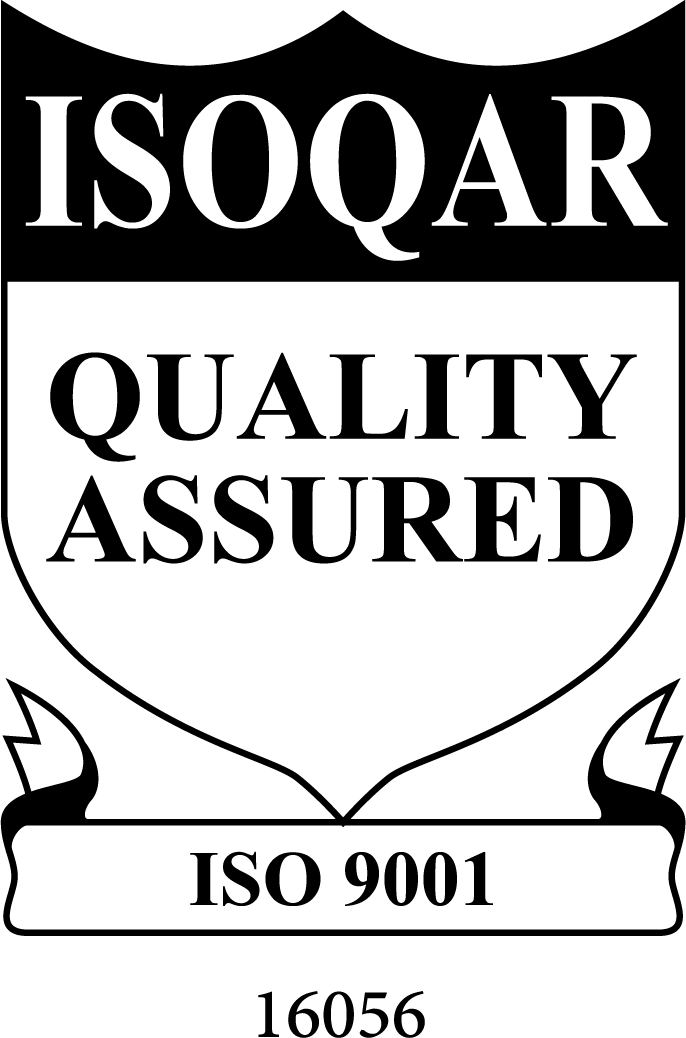MIL-C-22992
Connectors, Electrical
CONNECTOR,RECEPTACLE,ELECTRICAL
MIL-C-22992
CONNECTOR,RECEPTACLE,ELECTRICAL
ACT NOW! SUBMIT A QUICK QUOTE.
Technical Characteristics
-
Terminal Type
solder well single mating end all contact groupings
-
Shell Type
solid
-
Contact Maximum Ac Voltage Rating In Volts
500.0 single mating end 2nd contact grouping
-
Body Style
straight shape threaded
-
Included Contact Quantity
1 single mating end 1st contact grouping
-
Overall Length
1.568 inches minimum and 1.589 inches maximum
-
Precious Material And Weight
0.026 gold grains, troy
-
Contact Removability
nonremovable single mating end all contact groupings
-
Overall Diameter
2.500 inches nominal
-
Test Data Document
81349-mil-c-22992 specification (includes engineering type bulletins, brochures,etc., that reflect specification type data in specification format; excludes commercial catalogs, industry directories, and similar trade publications, reflecting general type
-
~1
data on certain environmental and performanc
-
Thread Class
2a and 2a
-
Distance From Mounting Shoulder To Front Face
1.203 inches nominal
-
Polarization Method
keyway or multiple keyway
-
Insert Material
plastic single mating end
-
Contact Maximum Dc Voltage Rating In Volts
700.0 single mating end 2nd contact grouping
-
Contact Maximum Ac Voltage Rating In Volts
1250.0 single mating end 1st contact grouping
-
Connector Locking Method
externally threaded shell
-
Contact Maximum Dc Voltage Rating In Volts
1750.0 single mating end 1st contact grouping
-
Thread Direction
right-hand and right-hand
-
Terminal Location
back single mating end all contact groupings
-
Contact Maximum Current Rating In Amps
22.0 single mating end 1st contact grouping
-
Shell Material
aluminum alloy
-
Contact Maximum Current Rating In Amps
41.0 single mating end 2nd contact grouping
-
Specification/Standard Data
96906-ms17348 government standard
-
Insert Position In Deg
0.0
-
Threaded Device Type
coupling facility and mounting bushing
-
Thread Quantity Per Inch
10 and 18
-
Included Contact Type
round socket single mating end all contact groupings
-
Precious Material And Location
contact surfaces gold
-
Environmental Protection
shock resistant and moisture resistant and salt water resistant and thermal shock resistant and vibration resistant
-
Thread Series Designator
double stub and unef
-
Mounting Facility Thickness
0.094 inches minimum and 0.266 inches maximum
-
Contact Position Arrangement Style
22-15 single mating end
-
Contact Surface Treatment Document And Classification
mil-g-45204 ty 1,cl 1 mil spec single treatment response single mating end all contact groupings
-
Contact Material
copper alloy single mating end all contact groupings
-
Included Contact Quantity
5 single mating end 2nd contact grouping
-
Contact Surface Treatment
gold single mating end all contact groupings
-
Mating End Quantity
1
-
Nominal Thread Size
1.500 inches and 1.625 inches
-
Shell Surface Treatment
oxide
-
Precious Material
gold
-
Bushing Accommodation Hole Shape
round
-
Shell Surface Treatment Document And Classification
mil-f-14072 e-516 mil spec single treatment response


 Certified to
Certified to









